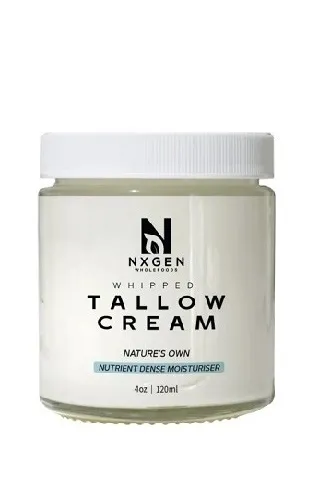Coenzyme Q10 (CoQ10):
 Coenzyme Q10 (CoQ10) is a substance that aids in the conversion of food into energy. It is present in nearly all cells of the body and possesses potent antioxidant properties.
Coenzyme Q10 (CoQ10) is a substance that aids in the conversion of food into energy. It is present in nearly all cells of the body and possesses potent antioxidant properties.
Antioxidants combat harmful particles called free radicals, which can harm cell membranes, disrupt DNA, and even lead to cell death. Free radicals are believed to contribute to the aging process and various health issues, including heart disease and cancer. CoQ10, as an antioxidant, has the ability to neutralize free radicals, potentially reducing or preventing the damage they cause.
Some scientists suggest that CoQ10 may be beneficial for heart-related conditions due to its ability to enhance cellular energy production, prevent blood clot formation, and function as an antioxidant.
Common uses:
Coenzyme Q10 include treating heart conditions such as heart failure, congestive heart failure (CHF), angina (chest pain), and high blood pressure. It is also utilized for preventing migraine headaches, Parkinson’s disease, and various other conditions.
Food sources:
meats like heart, liver, and kidney; certain muscle meats such as pork, beef, and chicken; fatty fish like trout, herring, mackerel, and sardines; legumes such as soybeans, lentils, and peanuts; nuts and seeds like sesame seeds and pistachios; and oils like soybean and canola oil. Additionally, some fruits, vegetables, dairy products, and cereals contain CoQ10 in smaller amounts.
When taken as directed, CoQ10 supplements are generally safe with minimal side effects. Mild digestive issues like upper abdominal pain, loss of appetite, nausea, vomiting, and diarrhea may occur. Other possible side effects include headaches, dizziness, insomnia, fatigue, skin itching or rashes, and irritability or agitation. The safety of using CoQ10 during pregnancy and breastfeeding has not been established, so it’s important to consult a doctor before using it in such cases.
Healthboost Products:
-

Organic Whipped Tallow Cream 120ml
$34.50Add to cart -

Blushwood Berry Seed Extract EBC-46 Tincture
$120.95Add to cart -

Scalp Therapy Advanced Marine Technology Allay Organics
$48.50Add to cart -

Organic Cordyceps Militaris Evolution Botanicals
$72.99Add to cart -

Turkey Tail Mushroom Super Foods
$79.99Add to cart -

Cordyceps Mushroom Forest Superfoods
$89.00Read more
[bmi]
